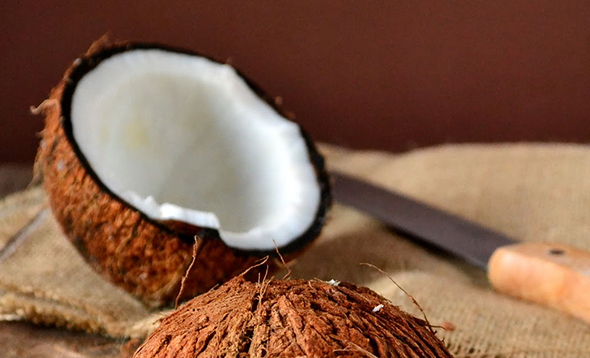That organic living is a conscious health choice
SuperFood: Olive and Coconut Oils
Not all fats are bad. Both extra virgin olive oil and, more recently, extra virgin coconut oil are good fats that offer cardiovascular as well as a whole range of other health benefits.
Boasting a unique phytonutrient composition, olive oil is a culinary oil that has unsurpassed health benefits. It helps maintain a healthy level of cholesterol, lowers blood pressure, lowers the risk of cancer, protects the digestive tract, supports overall bone health, and improves cognitive function. Similarly, coconut oil, when consumed in moderation has been found to improve levels of good cholesterol, aid weight loss, increase the body’s metabolic rate and strengthen the immune system.
But to benefit from the health-giving properties of both oils, it is essential to select the highest quality extra virgin or virgin specimens that have been extracted using natural, chemical-free processes. Extra virgin olive oils are produced from the first pressing of olive flesh and pits, and should contain no more than 0.8 percent free fatty acid content. They do not contain any refined oils. By definition, extra virgin olive oils have to be cold-pressed. This means that no heat above 49 degrees celsius is generated or used during production. These oils are superior in nutritional value, flavour and aroma. Virgin coconut oil extracted, with minimal processing and modification, from coconut flesh is similarly superior in health value. It should be organic, unrefined and cold-pressed.
It’s also important to note that extra virgin olive oil is fragile and heat sensitive. Heating it reduces the power of the phenolic compounds found in the oil. So, to get the most nutritional benefit from it, it is best drizzled over food or added to dressings. Virgin coconut oil is ideal for baking, light sauteing and can be used in cake frosting.
Organic extra virgin olive oil and virgin coconut oil is available at SuperNature Forum and online.


























_1672804154.jpg)

_1611290459.jpg)